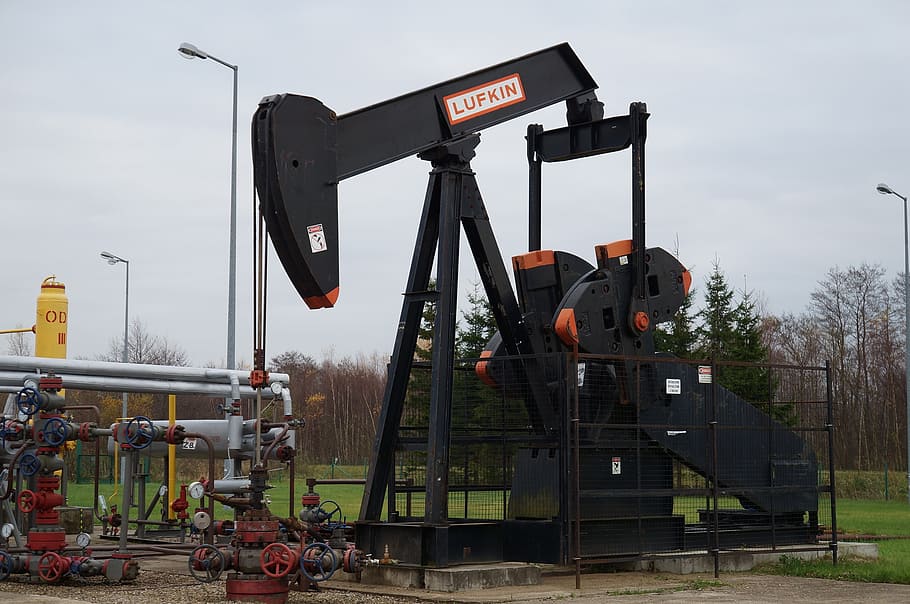According to analysts at UBS investment bank, world oil prices have risen as more and more countries begin to relax economic and social constraints, while transportation, which is a key indicator of oil demand, continues to recover. “Many market participants believe that there is light at the end of the tunnel. We also think that we are moving in the right direction,” said Giovanni Staunovo, a UBS analyst. At the same time, he noted that the demand for oil will still decline this quarter, although not as much as previously predicted.
Preliminary data indicates that US oil demand has begun to improve, and global traffic data is also showing signs of growing activity, S&P Global notes. In Germany, Europe’s largest oil consumer, where self-isolation began to be moderated in mid-April, road traffic was 20% below the 2019 level during peak hours on May 5, according to Tom Tom's traffic index. In contrast, in the UK, which has not yet loosened its lockdown, road traffic in London remained at the half a year level at the beginning of Tuesday, index data show. “The market is still vulnerable, but one thing is clear now: the bottom of demand is behind, and this is reflected in oil prices, which are on the rise,” Rystad Energy consultants said in a note.
However, the level of global air travel is still significantly lower than last year, and commercial flights have only just begun to recover, S&P Global notes. Non-profit airline service remains 35% below pre-crisis standards, according to Platts Analytics.
Another factor that could positively affect oil quotes was the entry into force of the OPEC + agreement on May 1 to reduce oil production by almost 10 million barrels per day.
This year, oil is falling due to a combination of factors, the main one being a reduction in demand amid severe restrictions due to coronavirus. The situation at some point was aggravated by the disruption of the transaction between OPEC and Russia to reduce oil production in early March (after that the parties had already returned to the negotiating table and agreed on a record reduction in production by 9.7 million barrels per day). Oil prices were pushed down by the fact that the storage facilities in the United States were close to full.
source: forbes.com
Preliminary data indicates that US oil demand has begun to improve, and global traffic data is also showing signs of growing activity, S&P Global notes. In Germany, Europe’s largest oil consumer, where self-isolation began to be moderated in mid-April, road traffic was 20% below the 2019 level during peak hours on May 5, according to Tom Tom's traffic index. In contrast, in the UK, which has not yet loosened its lockdown, road traffic in London remained at the half a year level at the beginning of Tuesday, index data show. “The market is still vulnerable, but one thing is clear now: the bottom of demand is behind, and this is reflected in oil prices, which are on the rise,” Rystad Energy consultants said in a note.
However, the level of global air travel is still significantly lower than last year, and commercial flights have only just begun to recover, S&P Global notes. Non-profit airline service remains 35% below pre-crisis standards, according to Platts Analytics.
Another factor that could positively affect oil quotes was the entry into force of the OPEC + agreement on May 1 to reduce oil production by almost 10 million barrels per day.
This year, oil is falling due to a combination of factors, the main one being a reduction in demand amid severe restrictions due to coronavirus. The situation at some point was aggravated by the disruption of the transaction between OPEC and Russia to reduce oil production in early March (after that the parties had already returned to the negotiating table and agreed on a record reduction in production by 9.7 million barrels per day). Oil prices were pushed down by the fact that the storage facilities in the United States were close to full.
source: forbes.com





